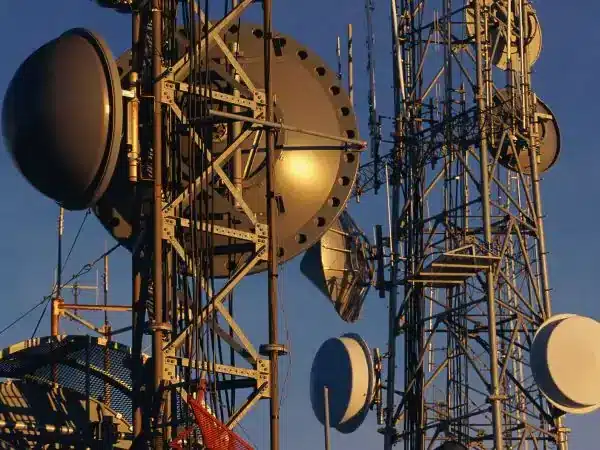- Nigeria”s federal government plans to reintroduce telecom taxes and other fiscal policies to secure a $750 million loan from the World Bank. This comes nearly ten months after suspending the 5% excise duty on telecommunications and the Import Tax Adjustment levy on certain vehicles.
- This comes amid telecom operators’ consistent complaints about multiple taxes and the need to raise tariffs.
- Along with other taxes, including the reintroduction of excises on telecom services, reports state that the electronic money transfer levy (EMT levy) on electronic transfers through the Nigerian banking system is also being considered.
It also revealed that the World Bank and FG were still negotiating to obtain the loan, which had not been approved.
The Nigerian government has intensified taxation efforts to generate revenue, increasing the VAT rate from 5% to 7.5% in 2020.
Nigeria’s telecommunications sector has faced numerous challenges. In February 2022, operators complained about multiple taxes, fibre cuts, unstable power and supply, a lack of foreign exchange, theft of telecom equipment, and insecurity.
Between 2022 and 2023, MTN alone had over 6,000 fibre optic cable cuts and spent more than N11 billion to relocate 2,500 kilometres (1,553 miles) of fibre cable. As a result, telcos are demanding a tariff increase to cover these costs and ensure the viability of their services.
Subsequently, the operators have considered tariff increases, claiming that the sector is the only industry in the country that has not raised its general service pricing framework in the last 11 years, owing primarily to regulatory constraints despite economic challenges.
In March 2024, MTN announced a collaborative effort with regulatory bodies in various markets, including Nigeria, to secure approval for a tariff increase on voice and data services to enhance the company’s profitability and bolster its financial stability.
While the telcos have not received approval from the federal government of Nigeria, on May 9, 2024, it stated that a tariff increase was not an option to address the challenges the telcos face.
Meanwhile, on May 7, 2024, the government announced a cybersecurity levy, requiring telecommunications companies, financial institutions, and the Nigerian Stock Exchange to pay a 0.5% fee on all electronic transactions.
Got a tip? Our journalists are ready to dig deeper. Please share your insights and information and help us uncover the stories that matter.





